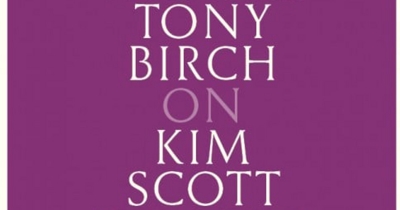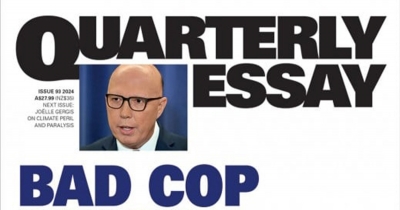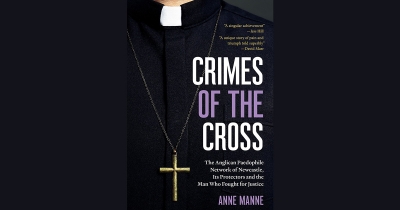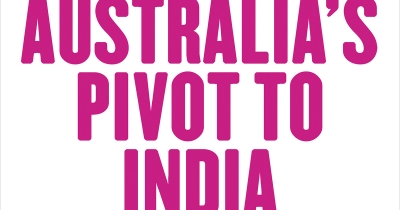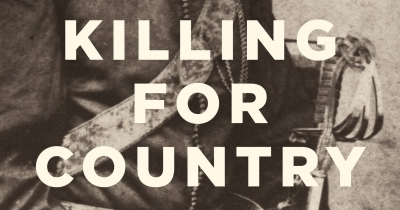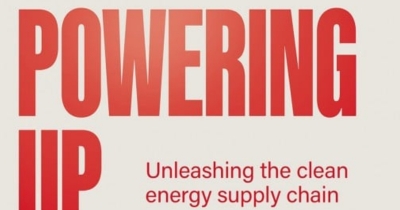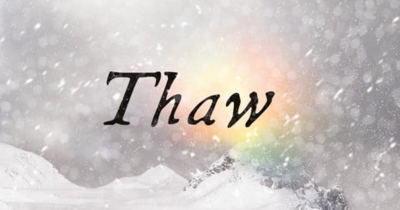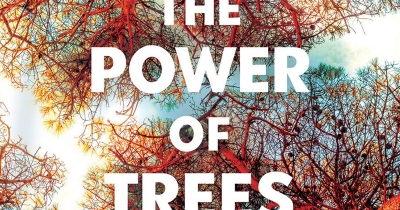Black Inc
Bad Cop: Peter Dutton’s strongman politics (Quarterly Essay 93) by Lech Blaine
by Patrick Mullins •
Crimes of the Cross: The Anglican paedophile network of Newcastle, its protectors and the man who fought for justice by Anne Manne
by Scott Stephens •
Powering Up: Unleashing the clean energy supply chain by Alan Finkel
by Julian V. McCarthy •
The Power of Trees: How ancient forests can save us if we let them by Peter Wohlleben, translated by Jane Billinghurst
by Ruby Ekkel •


